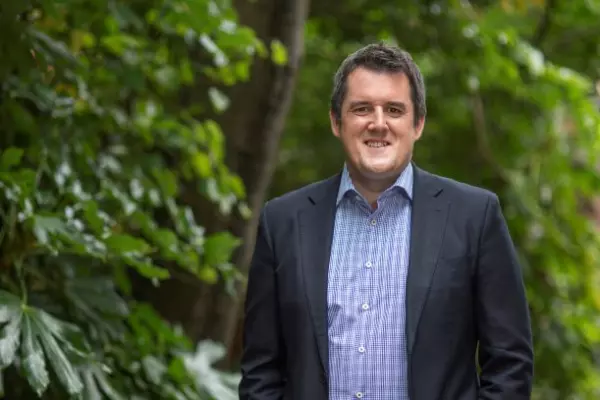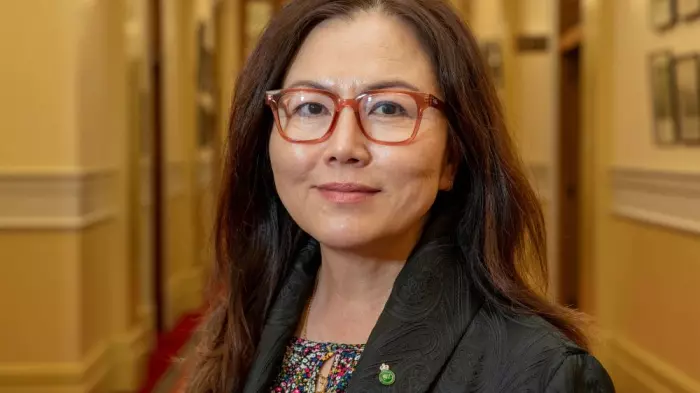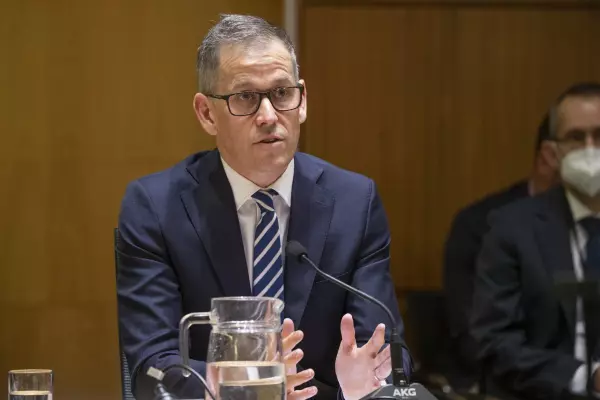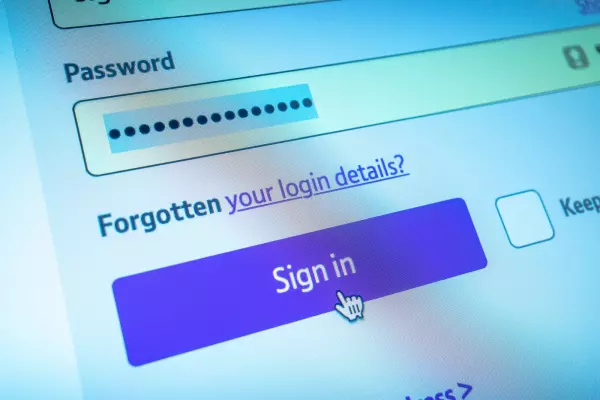Former judge and insolvency expert Paul Heath, QC, says company directors must take a counter-intuitive approach to business due to covid-19.
He has implored the government to advocate that businesses not rush to collect cash from distressed businesses but take a collaborative approach with those which owe it money.
Heath made the comments to Parliament’s epidemic response committee, which had been considering company law amendments that were passed earlier this month.
“The basic premise is that businesses must recalibrate their approach to debt by acknowledging that the need to address the collective needs of the general body of creditors is, in this environment, more important than an individual creditor trying to win a first past the post race to grab assets,” Heath said.
"That philosophical approach may seem counter-intuitive because every business wants to protect its own interests and get paid first."
With this in mind, the business debt hibernation scheme, which allowed firms to effectively put debts on hold for seven months, would be most effective if never used but it existed as a threat to firms that weren’t being collaborative, he said.
All about confidence
Heath said the new company rules, including safe harbour provisions, enabled directors to trade on in this fashion with the confidence of not getting sued, as there had been a reset in the new circumstances of covid-19.
But corporate lawyer Michael Wigley said the safe harbour still had major challenges for suppliers that risk not being paid, plus the directors of those suppliers.
“The statutory duties to act in good faith, for proper purpose, and in the best interests of the company remain.
“It is possible these duties extend also to considering the impact of trading-on and debt-incurring decisions on creditors in these implicitly insolvent or near-insolvent circumstances,” he said.
A director choosing to compromise how much of his bills were paid was acting in the best interest of the company, as well the economy, he said.
“The object of the exercise is to get the best possible result for your company and that is more likely to be through collaboration.”
Since the law passed, eight companies have implemented the business debt hibernation scheme, the Companies Office said on May 25. The registry said it was not releasing the names of businesses that took on the scheme at this stage while they worked with creditors to agree proposals.
There were a few tweaks to the rules for directors’ liability and debt hibernation scheme at the time of passing, although one important one was that the scheme clarified the requirement of 50 percent of creditors in both dollar value and quantity to agree to hibernation for a deal to work.
This meant one large creditor, such as a landlord, could not stop hibernation even if it was owed the most money.
Other changes
While enacting the legislation Parliament opted to reduce the clawback period for non-related party voidable transactions from two years to six months. This meant liquidators could only void transactions made by non-related parties up to six months ahead of insolvency.
There are mixed views on this change, for example, even within Chapman Tripp. Corporate partner Roger Wallis said he personally supported the change, arguing it would provide counterparties dealing with companies in distress more certainty.
Another partner, Michael Arthur, who gave submissions on behalf of the professional body for insolvency practitioners, RITANZ, said now was not the time to make that change. Arthur told the committee that the change wasn’t necessary to deal with situations caused by covid-19.
"It doesn't assist a company to stay on its own two feet during the current crisis," he said, suggesting it be implemented along with other measures.














